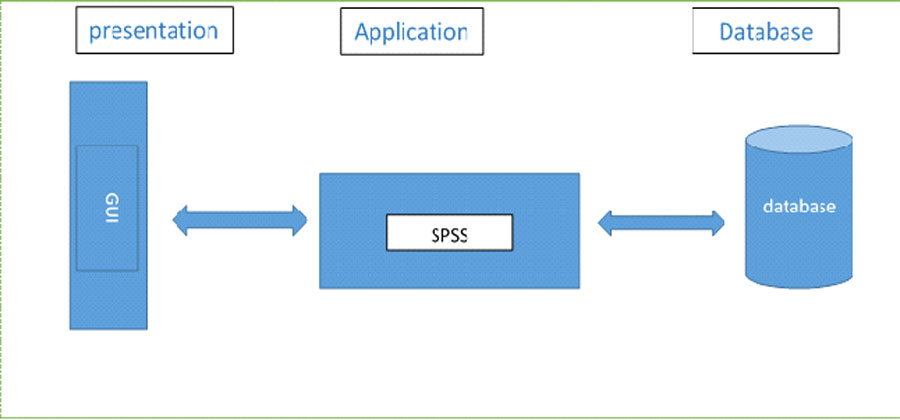


Indian Journal of Science and Technology
Year: 2020, Volume: 13, Issue: 21, Pages: 2138-2148
Review Article
Tagreed S Alsulimani1∗
1 College of Business, Department of Management Information System, University of Jeddah, Saudi Arabia. Tel.: +966-503-611-443
∗Corresponding author:
Tagreed S Alsulimani
College of Business, Department of Management Information System, University of Jeddah, Saudi Arabia.
Tel.: +966-503-611-443
E-mail: [email protected]
Received Date:28 April 2020, Accepted Date:10 June 2020, Published Date:23 June 2020
Objectives: To study different factors influencing the academic performance of students at Jeddah University in Saudi Arabia. Method: The study sample included 164 participants from university of Jeddah, composed of 127 females and 37 males. A survey was conducted by using a questionnaire containing the different factors that could affect academic performance of university students. The questionnaire data were collected and analyzed by using SPSS version 25 statistical program. Descriptive and correlation analysis was made. Three-tier architecture is developed to enable us to make better decisions faster by analyzing data, shared data sources that are centralized and can be stored on different types of servers. Findings: A significant correlation between gender (female) and students `scores with Spearman correlation coefficient (r) value of 0.33. A significant correlation was noted between friendship/peer relation and students' scores with (r) value of 0.80. Family education, family relation and friendship/peer relation play an important role in Saudi student academic performance indicating that student culture and environment affect academic performance significantly. Novelty: The multitier architecture on which presentation, application processing and data management functions are physically separated: ; we are able to update and use a large data without any application update.
Keywords: Three tier architecture; academic performance; student; gender; Saudi Arabia; Family education; family relation
© 2020 Alsulimani. This is an open access article distributed under the terms of the Creative Commons Attribution License, which permits unrestricted use, distribution, and reproduction in any medium, provided the original author and source are credited.
Subscribe now for latest articles and news.